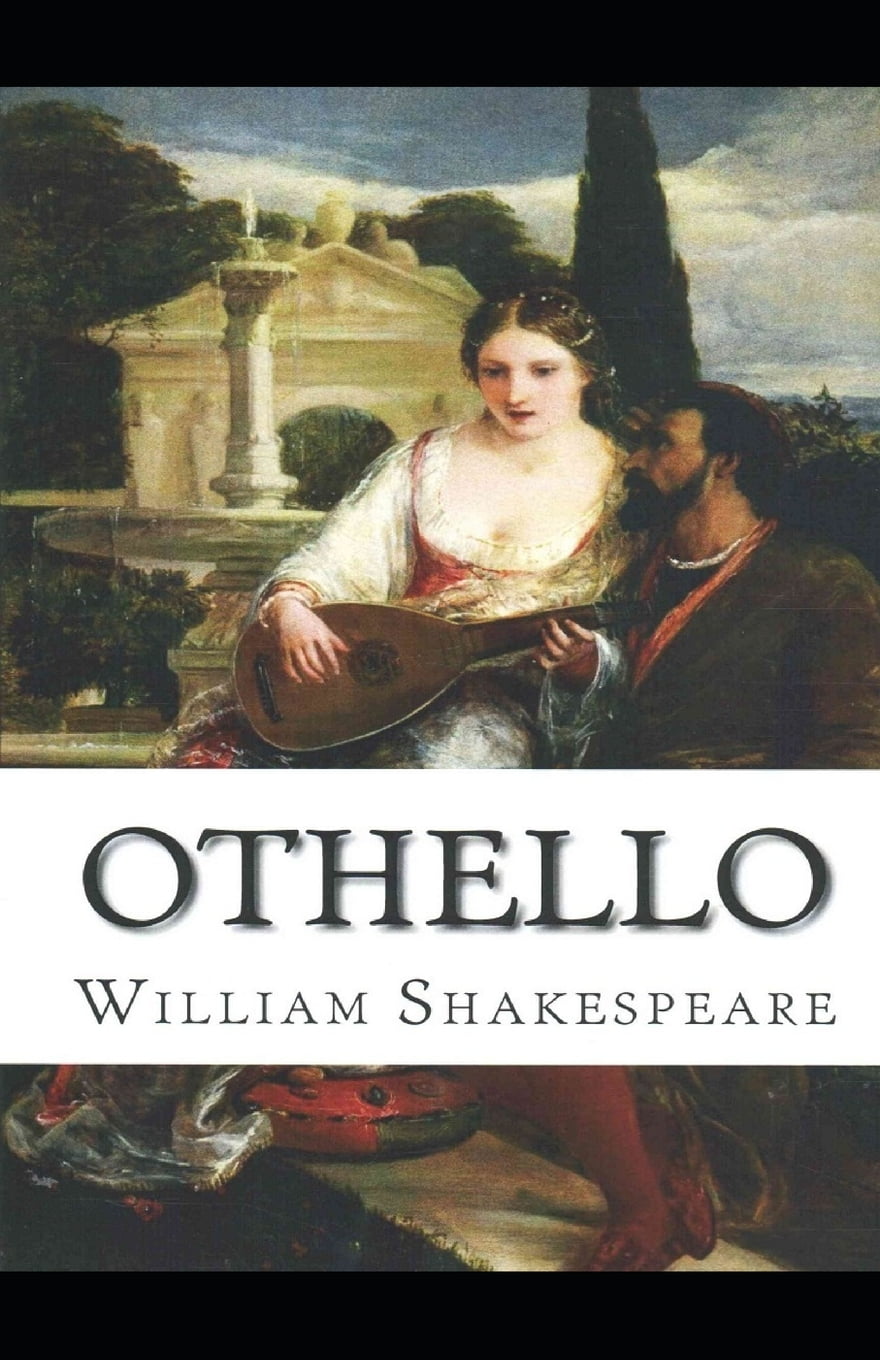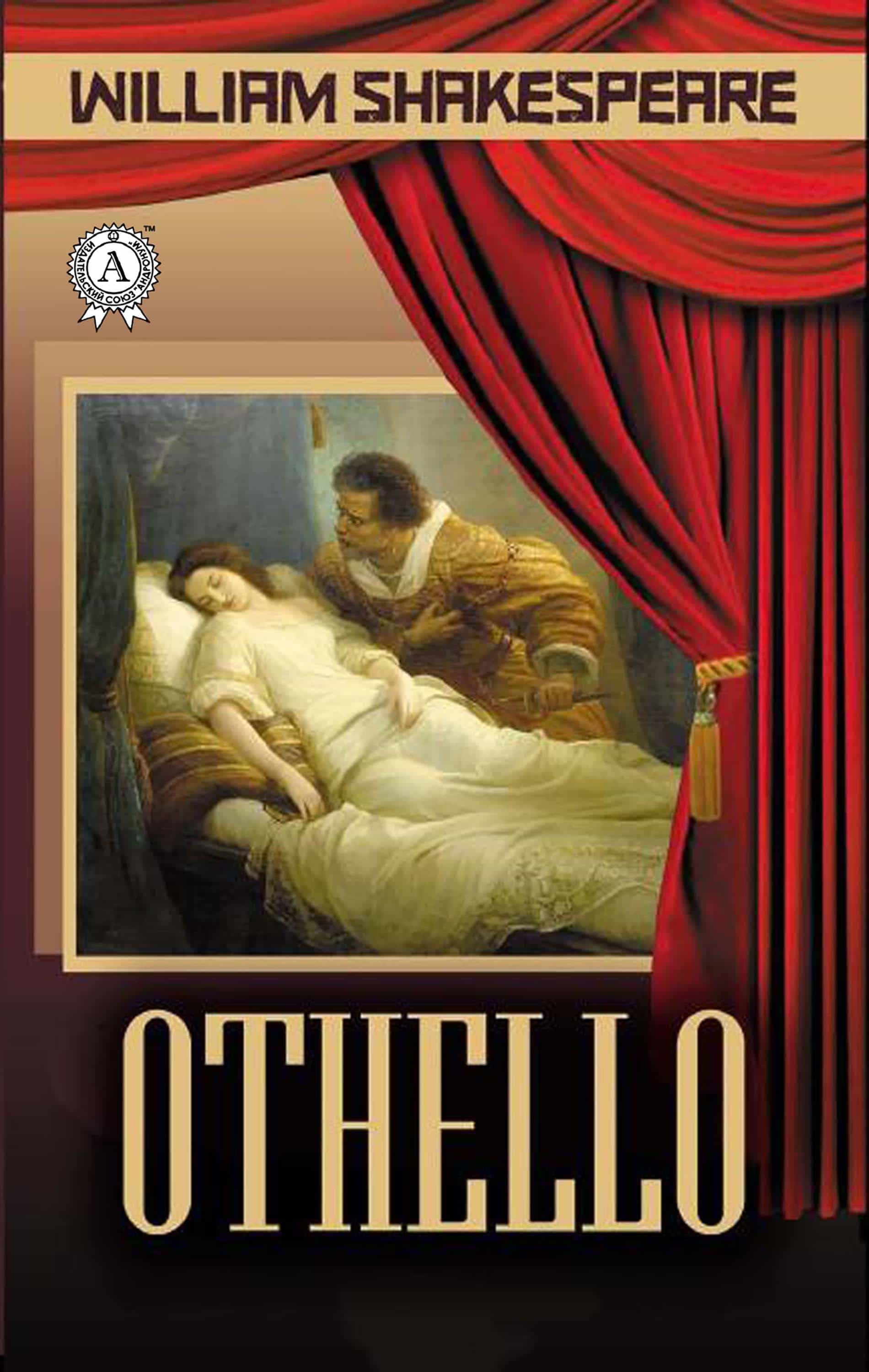

It seems, from this moment on, that Iago has made his decision to destroy Othello at all costs. As the audience is about to find out, Iago suspects Othello of being with his wife, Emilia, and as things stand, Iago also holds a personal grudge towards Othello, due to Othello’s appointment of Cassio to lieutenant. He goes on to say that “but seeming so for my peculiar end/For when my outward action doth demonstrate/The native act and figure of my heart/In compliment extern, ’tis not long after/But I will wear my heart upon my sleeve/For daws to peck at.
Shakespeare othello full#
He is in full control and Othello is just a means to an end. Further, any plans that he might have involving Othello’s future Iago feels no remorse for, knowing that heaven will be his judge, but he can act without compromise now. Indeed, Iago is set up as the antagonist from the very first lines of the play where he cites that “were I the Moor I would not be Iago/In following him I follow but myself/Heaven is my judge, not I for love and duty” (Act I, scene I, lines 57-59), roughly meaning that he does not follow Othello out of love or duty for his superior officer. Thus, from the essential starting point, the audience is clearly aware of the events about to transpire and Iago’s dark plans for all characters within his path. This in itself is not a unique literary device, however, but it is in the first Act that Iago’s soliloquy occurs. Martin have often sorrowfully or gleefully talked of ‘killing off’ their own characters for the amusement of others Iago wishes to ruin Othello’s marriage for his own amusement or, in Hazlitt’s phrase, ‘stabs men in the dark to prevent ennui’.Shakespeare used Iago in a unique fashion in Othello, allowing him to have soliloquy’s that explain his entire plot to the audience. The whole thing is really, of course, Iago’s play, as many critics have observed: if Othello is the tragic lead in the drama, Iago is the stage-manager, director, and dramatist all wrapped up in one.

Much of Othello proceeds like a comedy that takes a very dark turn at the end, when it becomes apparent that Othello will not be reconciled with Desdemona, and that the sexual jealousy and suspicion he has been made to feel are too deep-rooted to be wiped out.
/168857093-56a85e935f9b58b7d0f24f4c.jpg)
But in Much Ado, Hero’s fidelity is proved and Don John’s villainy is exposed, and we have a comedy. But Shakespeare’s Iago is more dangerous still: a human, with clearly human attributes and intellect, who nevertheless derives great pleasure from causing harm to others purely because … well, because it gives him pleasure.Ĭompare, in this connection, Iago’s role in Othello with that of the villainous Don John in the earlier comedy, Much Ado about Nothing (a play we have analysed here). Like Iago, Don John wants to wreck the (upcoming) marriage between Claudio and Hero, and sets about convincing Claudio that his bride-to-be cannot be trusted. In Shakespeare’s source material for the play, a novella by the Italian author Cinthio, Iago is straightforwardly evil and devilish, intent on destroying Othello’s life, and with a clear motive.

We cannot be sure why he is doing what he is doing.īut this does not mean that he is not being driven by anything. Yet Shakespeare puts into Iago’s mouth several plausible ‘motives’ for wreaking the confusion and chaos that causes Othello’s downfall and Desdemona’s death, and in providing multiple motives, Iago emerges as ‘motiveless’, to use Coleridge’s famous description (Coleridge described Iago as being possessed of ‘ motiveless malignity’). If the first rule of creative writing class is ‘show don’t tell’, the second or third rule may well be ‘make your characters’ motivations clear’. Indeed, he goes out of his way to make Iago as inscrutable as possible. Second, Shakespeare doesn’t make Iago, the villain, someone whose motives we can understand.


 0 kommentar(er)
0 kommentar(er)
